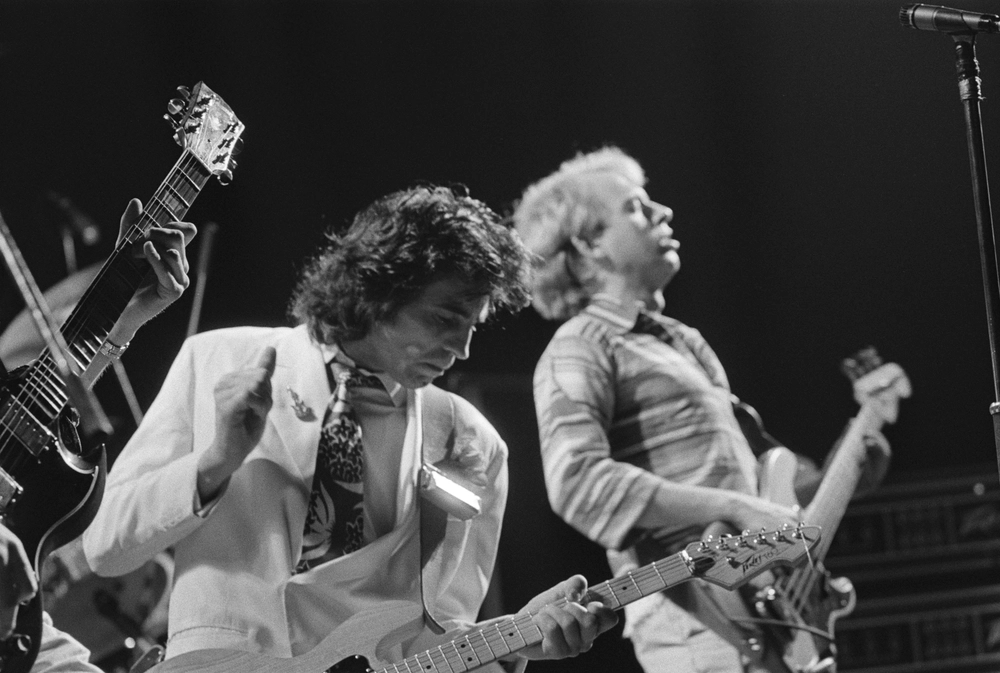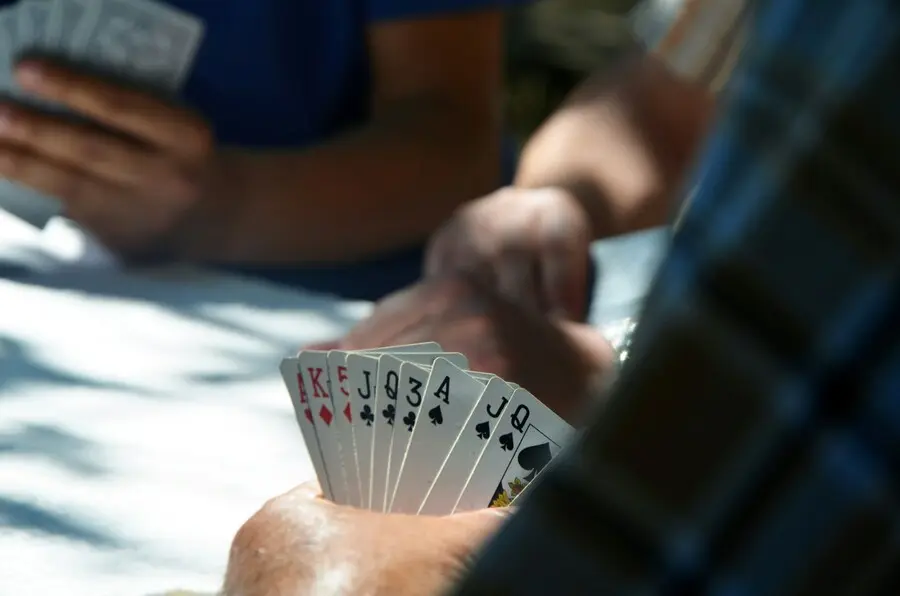Most people–even those who don’t know anything about rockabilly–know the song “Blue Suede Shoes”. Many people probably know the Elvis Presley version of this classic rockabilly track, but the song was written by “The Godfather” of rockabilly, Carl Perkins who released it on Sun Records (which was also Elvis’ original record label). In fact, Perkins and Elvis both had hits with the song close to the same time, but it was the Perkins version that won the race towards the top of the charts. Elvis’ version topped out at #24 while Perkins took his hit all the way up to #2. Ironically, it was Elvis and his first smash hit on his new record label, RCA Victor, that kept Perkins out of the #1 spot. That hit was “Heartbreak Hotel”. But while Perkins had the bigger hit with “Blue Suede Shoes” (which was the first million-selling record released on Sun Records) it almost served as his eulogy.
Naturally with “Blue Suede Shoes” shooting to the top of the pop charts, Perkins was in demand as a performer. The song was also racing to the top of the country and R&B charts and was really the first record to do so well in all three charts. That’s a testament not only to the hybrid nature of rockabilly music in general, but specifically to Carl Perkins whose huge talent melded all three styles into one classic track that everyone loved. As part of being in demand, Perkins and his band (which included his brothers Jay on acoustic guitar and Clayton on string bass) were travelling the country doing shows in support of the song.
After a show on the night of March 21 1956, Perkins and his band headed to New York to make an appearance on the Perry Como show. Early in the morning on March 22, the driver of the car the band was travelling in fell asleep and crashed into a truck. Perkins was thrown from the car and suffered major injuries as did his brother Jay. Carl came very close to dying that night, but survived and spent weeks in the hospital recovering. While he lay in his bed a couple weeks later, he watched Elvis sing “Blue Suede Shoes” on TV.
Perkins was eventually released from the hospital and went right back to performing. Unfortunately however, by this time he’d lost his momentum and spent too much time out of the limelight for those fast-moving early days of rock and roll. Although he had a few more decent-sized hits, he was never again able to match the success of “Blue Suede Shoes”. His growing disillusionment lead to a battle with the bottle and the near demise of his musical career.
Then in 1964 he was asked to do a British tour and was amazed to be received by British audiences as a rock and roll hero. It turned out that he was also a hero to a group of musicians who called themselves The Beatles and that band recorded several of Perkins’ songs. In fact, the Fab Four recorded more songs written by Perkins than by anyone else other than themselves–they respected him that much.
Upon his return to the US, a revitalized Perkins joined up as a member of the travelling band of his old friend and Sun Records label mate, Johnny Cash. He toured and played for about 10 years with Cash and in the process, finally won his battle against alcohol. He’d also written several songs that had become hits for other people, including “So Wrong” which was a huge country hit for Patsy Cline. In the 1980s Carl formed a new band which included his sons and started touring again. He was inducted into the Rock and Roll Hall of Fame in the mid 80s. I was personally blessed with the opportunity to see his band perform live in 1991 at the Winter Dance Party in Clear Lake, Iowa and he was absolutely amazing on stage. He finally succumbed to throat cancer in 1998 just shy of his 66th birthday.
Perkins was a truly remarkable man and musician. He was in no small part responsible for the change in pop music during the 1950s and the development of rock and roll. The car crash may have killed his chances of becoming a superstar on the level of Elvis and Johnny Cash, but his brilliance was not to be denied. His contribution to modern music is not at all diminished by his own lack of success on the pop charts. In fact, in a way, his legend is enhanced because of it!
Source by Buster Fayte












